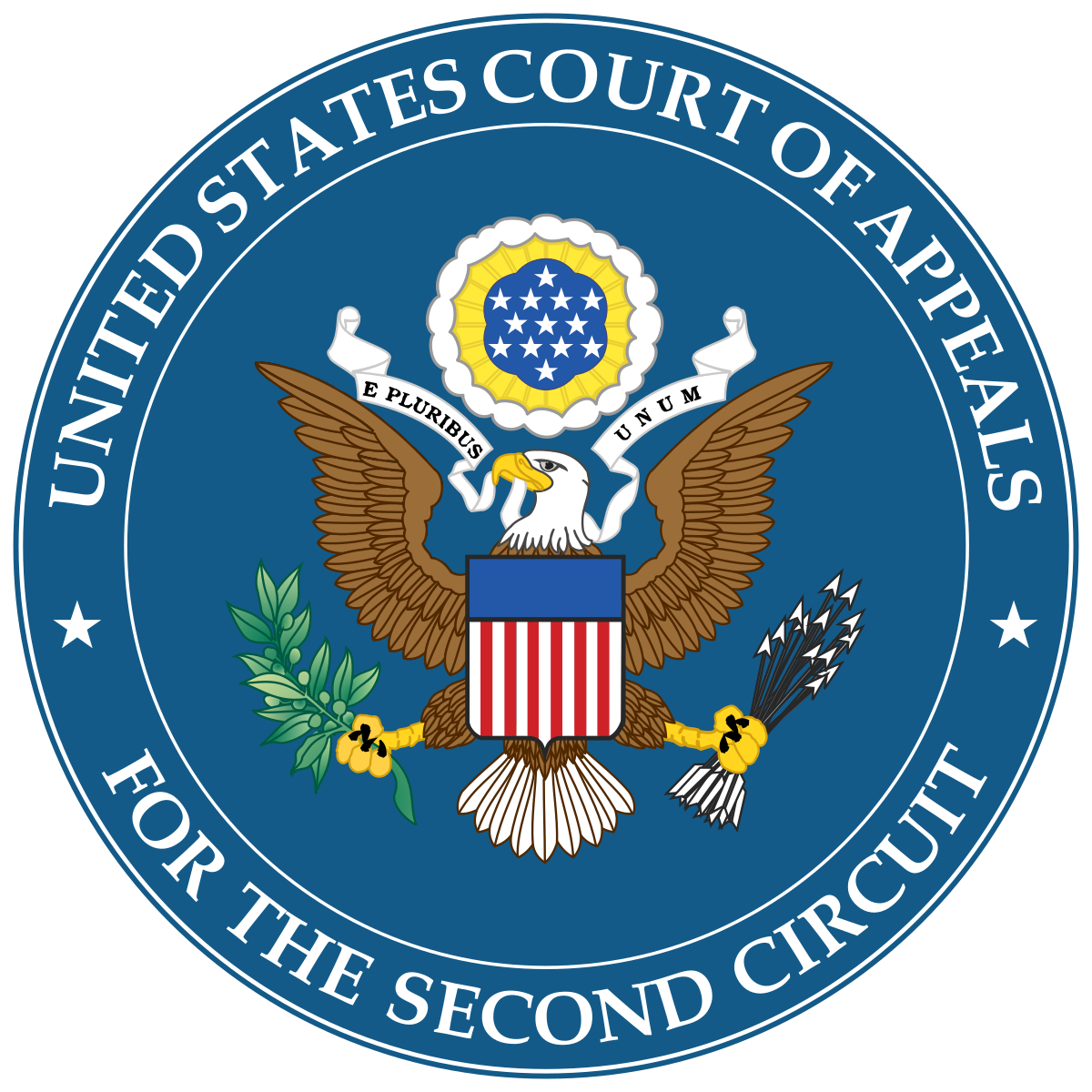Originally published on Forbes.com July 28th, 2013
It is somewhat odd to fit Internet technology into a statutory definition that has not been updated since the Mad Men era.
The Second Circuit’s recent decision (IRS v WorldCom) is fraught with nostalgia. The decision is an appeal of a small part of a bankruptcy case that would be starting middle school if it were human. When something as big as WorldCom blows up, the fighting over the scraps can continue for quite a while since there are some pretty big scraps. The two scraps involved here are a claim by the IRS for $16,276,440.81 in excise tax.
I don’t know how much that claim is worth to the government. Even at pennies on the dollar it would be few hundred grand. More significantly there was an order for the IRS to refund $38,297,513 in excise tax. The excise tax is the 3% excise on telephone services that was passed as an emergency war measure. I don’t remember that war, but my immigrant grandmother, Nana Reilly, did. It was against Spain (My cousin Marianne told me that Nana Reilly asked her once if she remembered the McKinley assassination. She had mixed him up with Kennedy.)
There has been quite a bit of litigation on the long-distance component of the excise tax. The excise also was charged on fees to access local networks. Here is the big nostalgic element of the case. Why you may ask did WorldCom pay over a billion dollars (Remember it was a 3% excise) to local phone companies ? It was so that WorldCom’s customers, internet service providers including AOL, could provide their customers with dial-up. Remember dial-up.
In the late 1990s, WorldCom, originally a long-distance telephone service provider, began building a massive Internet network to provide data services. As part of building that network, WorldCom purchased a now-obsolete telecommunications service known as “central-office-based remote access,” or “COBRA” from local telephone companies. COBRA allowed local telephone subscribers to connect to the Internet using a dial-up modem.
WorldCom plugged the output Internet data stream from the local telephone company’s network access server into its own network, and sold access to the stream to Internet Service Providers (“ISPs”), like AOL, which in turn sold access to the Internet to people with dial-up modems. The PRI lines and all aspects of the network access server up through the egress port where WorldCom plugged in its network were considered COBRA equipment and were used by the local telephone companies as part of providing COBRA service to WorldCom. WorldCom paid the local telephone companies a monthly fee for access to COBRA.
The decision got pretty lawyerly as it tried to parse the language of an excise tax from the turn of one century to the technology of the turn of the next century. There were observations like this one:
A WorldCom employee’s husband could not use COBRA to call his wife’s office and ask her whether she wanted to get lunch.
That had been pretty persuasive to the bankruptcy court:
Because that data stream could not support “telephonic quality communication,” which, in the bankruptcy court’s interpretation, meant regular phone calls, and because WorldCom could not reconfigure COBRA to provide it with telephonic quality communication, the bankruptcy court concluded that WorldCom had not purchased a “local telephone service” as defined by the statute.
The Second Circuit did not agree.
With this understanding of “access” in mind, we conclude that COBRA provided WorldCom with access to a local telephone system. The connection between a dial-up user and WorldCom through COBRA began with a local telephone customer’s ordinary PSTN line. When the subscriber dialed the COBRA number, the telephone company routed the signal from the subscriber’s modem and PSTN line to COBRA’s PRI lines, which connected to WorldCom’s network through the telephone company’s network access server. Thus, COBRA provided direct “connectivity” to a local telephone system. Moreover, the record demonstrates that COBRA was a service provided by individual local telephone companies. WorldCom contracted separately with each local telephone company, like BellSouth, to gain access to that company’s local telephone system.
WorldCom and Accounting Heroism
It is not clear from the case, but it is may be that the charges that were subject to the excise were the very things involved in the WorldCom accounting scandal that preceded the bankruptcy. WorldCom executives had found a clever way to meet earnings targets. What were called “line charges” were capitalized rather than expensed.
The accounting maneuver responsible for the overstatement – classifying payments for using other companies’ communications networks as capital expenditures – was characterized by the press as scandalous, and it was immediately asked why Arthur Andersen, the company’s outside auditor at the time, had not detected it.
It makes me wonder if not paying the excise tax was incidental to the accounting fraud. The fraud was exposed by Cynthia Cooper, the company’s vice president for internal audit. It is quite a story.
At a time when dishonesty at the top of U.S. companies is dominating public attention, Ms. Cooper and her team are a case of middle managers who took their commitment to financial reporting to extraordinary lengths. As she pursued the trail of fraud, Ms. Cooper time and again was obstructed by fellow employees, some of whom disapproved of WorldCom’s accounting methods but were unwilling to contradict their bosses or thwart the company’s goals.
Ms. Cooper was named one of Time Magazine’s People of the year in 2002 and wrote a book about her experience. I just bought it. So many books, so little time. Apparently she is now something of an inspirational speaker.
You can follow me on twitter @peterreillycpa.































































































